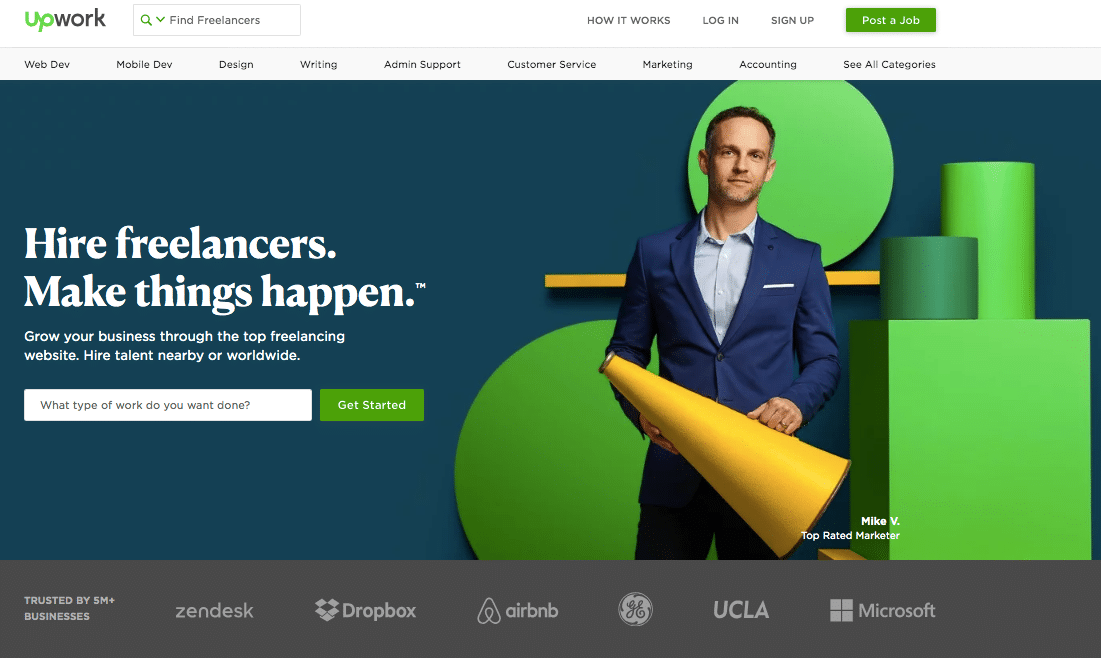The Growing Landscape of Freelance Website Design
In today’s digital age, having a robust online presence is paramount for businesses and individuals alike. As a result, the demand for skilled website designers has skyrocketed. Among the various avenues for securing these services, freelance website design stands out for its flexibility, diversity, and often cost-effectiveness. Let’s explore the landscape of freelance website design, its benefits, challenges, and tips for both designers and clients.
The Appeal of Freelance Website Design
Flexibility and Freedom
One of the primary attractions of freelance website design is the freedom it offers to both designers and clients. Freelancers can choose projects that align with their skills and interests, set their schedules, and work from virtually anywhere. This flexibility often results in higher job satisfaction and creativity, as designers are not confined to a traditional office environment or rigid corporate policies.
Cost-Effectiveness
For clients, hiring a freelance website designer can be more affordable than engaging a design agency. Freelancers typically have lower overhead costs and can offer competitive rates without compromising on quality. This is particularly beneficial for startups and small businesses that need professional websites but have limited budgets.
Diverse Skill Sets
Freelance website designers often bring a diverse range of skills and experiences to the table. Many have worked on various projects across different industries, giving them a broad perspective and the ability to tailor websites to specific needs. This diversity can lead to innovative design solutions that might not be possible within the more uniform approach of a traditional agency.
Challenges in Freelance Website Design
Finding Reliable Talent
One of the main challenges clients face is finding Tailored Website Design services reliable and skilled freelance designers. The freelance market is vast, and it can be difficult to sift through portfolios and reviews to identify the right fit. Platforms like Upwork, Freelancer, and Fiverr provide ratings and feedback mechanisms, but due diligence is still required to ensure the freelancer’s credibility and quality of work.
Communication and Project Management
Effective communication is crucial in freelance website design. Misunderstandings can lead to project delays and dissatisfaction. Clients and designers must establish clear communication channels and use project management tools to keep track of progress and deadlines. Regular updates and feedback sessions can help mitigate misunderstandings and keep the project on track.
Balancing Workload
Freelancers often juggle multiple projects simultaneously, which can sometimes affect their availability and focus. It’s important for clients to discuss timelines and workload upfront to ensure their project receives the necessary attention. Designers should also manage their schedules effectively to avoid burnout and maintain the quality of their work.
Tips for Success
For Freelance Designers
- Build a Strong Portfolio: Showcase your best work and highlight your versatility. A well-curated portfolio can make a significant difference in attracting potential clients.
- Continuous Learning: Stay updated with the latest design trends and technologies. This not only enhances your skill set but also makes you more competitive in the market.
- Clear Communication: Set clear expectations from the start and maintain regular communication with clients. Use project management tools to stay organized and on track.
For Clients
- Research and Vetting: Take the time to review portfolios, read reviews, and possibly conduct interviews before hiring a freelance designer. Look for a proven track record and relevant experience.
- Detailed Briefs: Provide a comprehensive project brief with clear objectives, preferences, and timelines. The more information the designer has, the better they can meet your expectations.
- Feedback and Collaboration: Foster a collaborative environment where feedback is constructive and timely. This helps ensure the final product aligns with your vision and goals.
Conclusion
Freelance website design offers numerous benefits for both designers and clients, including flexibility, cost-effectiveness, and access to diverse skills. However, it also presents challenges such as finding reliable talent and ensuring effective communication. By following best practices and maintaining a collaborative approach, both parties can navigate these challenges and achieve successful outcomes. As the digital landscape continues to evolve, the role of freelance website designers will undoubtedly become even more pivotal in helping businesses and individuals establish and maintain a strong online presence.
